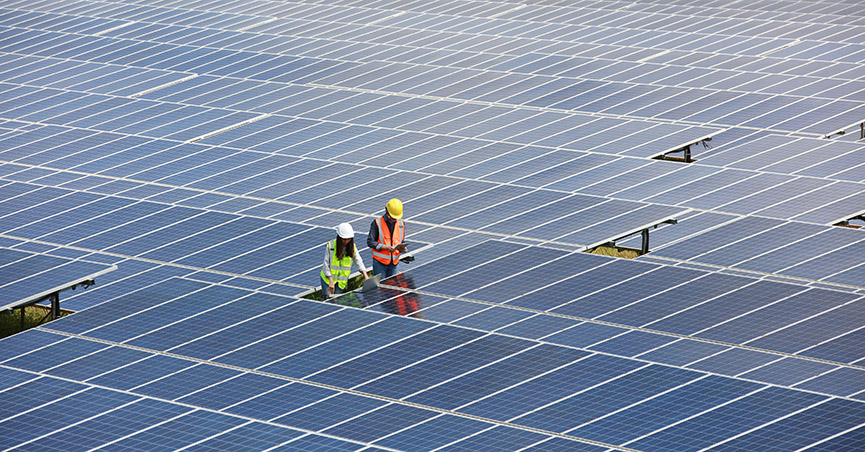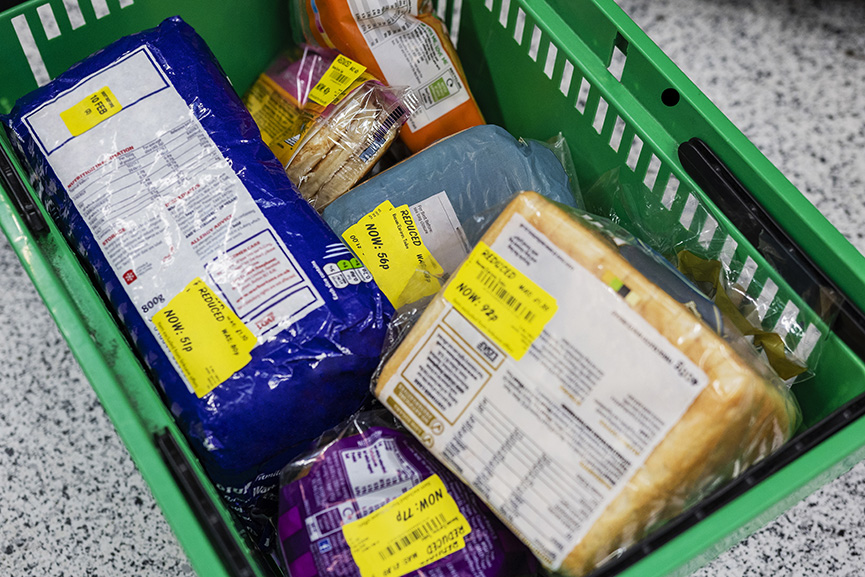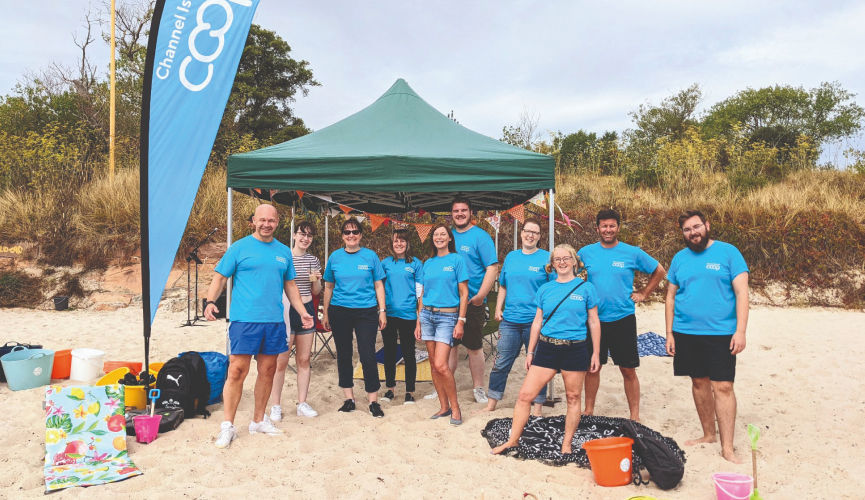Planet Pillar
Our sustainability framework: The Planet
As a civilisation the way we have produced goods, consumed them, and powered our lifestyles, has taken a toll on the planet which is more than the Earth can sustain. This affects everyone and we are committed to being part of the solution.
It’s who we are.
Our strategy for the planet is based on three aims:
- We aim to become carbon net zero by 2050.
- Reduce the volume of plastic from your shopping experience.
- Reduce food waste by 50% by 2030.
Aim 1: To become net zero by 2050, in line with the targets set by the States of Jersey & Guernsey and aligned with the Paris Agreement on climate change.

What we are already doing
- Created our 2021 baseline carbon measure and methodology for scope 1 and 2 emissions.
- Exploring opportunities for renewable energy to reduce our in-store energy usage and our carbon footprint.
- Engaging with internal teams and colleagues to identify opportunities to drive reductions in our carbon emissions.
How we will achieve our aims
✔ Complete the installation of energy meters across all trading units by the end of 2023. This will enable us to manage our day-to-day energy performance across the trading estate and identify further opportunities for energy savings.
✔ Continue to invest in new technology to conserve energy, such as more energy efficient refrigeration, software to optimise heating and lighting, alarm systems to identify energy loss.
✔ Continue to maximise the benefits of installing voltage optimisation technology in locations where it is cost effective to reduce wasted energy and overall consumption.
✔ Explore opportunities for renewable energy such as solar and heat exchange pumps across all property sites.
✔ Continue to replace all lighting with energy efficient LED so that all our stores are LED by 2027.
✔ Embrace greener transportation where practical to reduce carbon emissions and continue to replace our company fleet with hybrid or electric alternative.
✔ Continue to install electric vehicle (EV) charging points at our stores to support the islands’ infrastructure and the move to EVs.
✔ Make lower carbon choices easier for our customers through our range of local products and the redesign of the Coop branded products and services with carbon reduction at the core.
✔ Support local and Fairtrade suppliers to adapt their operations to become more climate-focused.
✔ We will work towards setting our long-term ambitions in 2024 to include our scope 3 pathway to become carbon net zero by 2050.
Aim 2: Reduce the volume of plastic from your shopping experience.

What we are already doing
- Made significant progress in eliminating black and dark packaging from our stores that are difficult to recycle.
- Committed to ensure that all Coop own brand packaging is reusable or recyclable by 2023.
- Increased recycled content so that bottles, pots, trays and punnets are now made from a minimum of 50% recycled plastic.
- We have reduced our plastic content by downgauging items such as juice bottles, cheese slice trays and packaging for ground coffee.
- Downgauged and made plastic items lighter such as juice bottles, cheese slice trays and packaging for ground coffee.
- Banned single-use plastic shopping bags in stores and increased plastic bags for life to 15p in 2020 to discourage usage (70p in Jersey from July 2022 due to a change in the law).
- Banned plastic cutlery from our food-to-go range.
- Introduced more plastic free loose produce when available from local suppliers and when in season.
- Issued colleagues with refillable water bottle, coffee cup and cotton shopping bags.
- Introduced recycling initiatives in stores and continue to work with partners to recycle what we can.
How we will achieve our aims
✔ We are introducing more environmentally friendly shopping bags and we’ll introduce a reusable bag for our loose produce.
✔ Reduce single-use plastic consumption at serve over counters by undertaking a new audit of these areas and making changes where possible.
✔ Introduce the option to use your own reusable container over our serve counters (butchery, fish, deli).
✔ Developing our recycling policies and supply chains, to ensure as many recyclable items as possible in our supply chain can be recycled.
✔ Work with local suppliers to identify best practice and opportunities to reduce their plastic packaging.
✔ Work with local government and develop partnerships to improve the ability to recycle more products such as soft plastics.
✔ Support and encourage our customers to shop more sustainably where possible.
Aim 3: Set a food waste reduction target (Adopting the Sustainable Development Goal 12.3) to reduce food waste by 50% by 2030.

What we are already doing
- Improved our stock control and ordering processes with better insight and forecasting.
- We have a reduction policy to help clear products that are approaching their ‘best before’ or ‘use by’ date.
- Donate excess food to charities, local partners and food banks.
How we will achieve our aims
✔ Investment in a new retail technology that will improve our ordering accuracy.
✔ Put in measures to enable us to measure our food waste in a consistent way and in accordance with the international food loss and waste standards.
✔ Work in partnership with local suppliers and take actions to help them to reduce their food waste.
✔ Review the effectiveness of our reduce-to-clear policy.
✔ Engage with customers to support and help them to reduce their food waste.
✔ Work with local governments and partners to identify opportunities to work collaboratively to reduce food waste using the food waste hierarchy model.

Find out the latest updates on our sustainability strategy.
See more

Learn more about our journey to a sustainable future
See more

Learn more about the for pillars of our sustainability framework.
See more

See more







